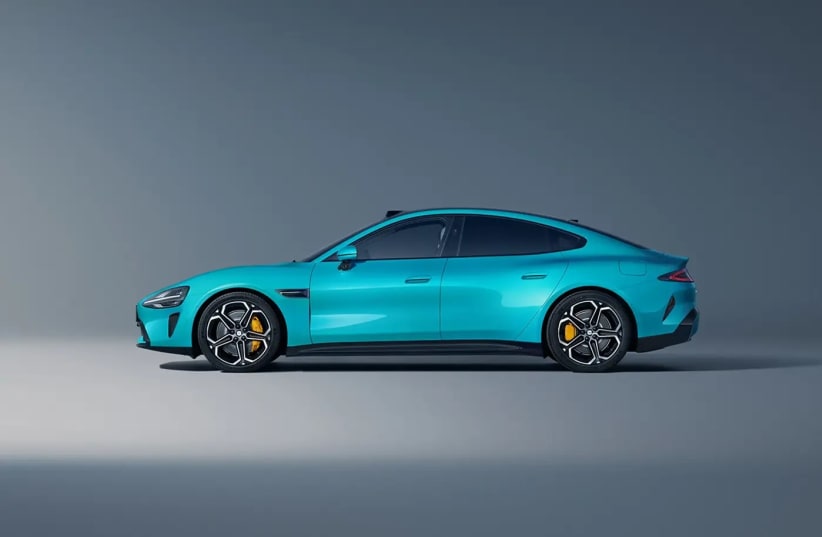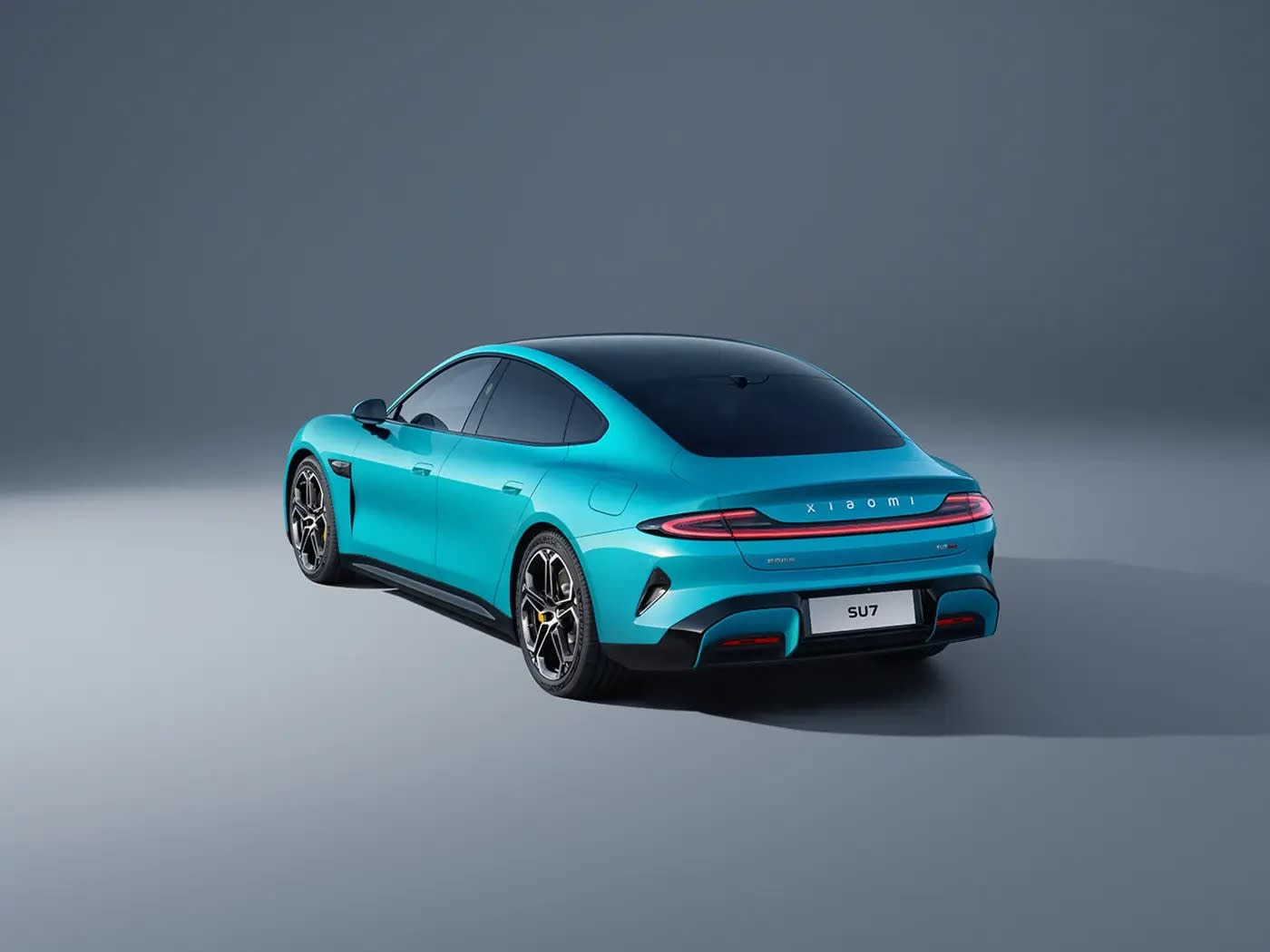With curiosity levels only increasing since Xiaomi announced its intention to unveil a car, it has certainly been on a high threshold since the car itself was revealed in December. It is clear why the Chinese electronics manufacturer is doing everything to get the maximum public attention. Nevertheless, this is one of its most important products, and it is reasonable to assume that it has invested the most money in its development compared to all those carrying its name.
Today, at an event in Elon Musk's style, the company's CEO, Lei Jun, revealed the target price of the car, which will be "less than 500,000 yuan", or around NIS 252,000 before taxes, a price tag similar to that of the Tesla Model S Long Range in China, which costs NIS 620,000 in Israel. This is in anticipation of the official pricing reveal and opening of orders set to happen on Thursday.
This curiosity is fueled by statements coming from the manufacturer indicating that the car will deliver technologies and acceleration performance that surpass those of Tesla and Porsche's electric vehicles. Display halls of the manufacturer across China have already begun showcasing the car. In the photos, future customers' queues can be seen, with curious smartphone cameras ready by the cars.
In terms of the technical data known about the car, there are two versions, the first with a range of about 670 km and the second with an impressive range of about 800 km. In both cases, it is a significant statement that puts it at the top of electric cars today alongside the Tesla Model S, Mercedes EQE, and others.
Xiaomi's manufacturing structure is unlike that of traditional manufacturers, and the construction of the car itself is entrusted to the parent company of the BAIC group, which is partially state-owned, a sort of "insurance policy" for receiving government support.
The price suggests that Xiaomi has chosen to position its first model against Tesla, Mercedes, BMW, NIO, and other manufacturers, a crowded market segment with successful competitors and prestigious reputations. In the automotive world, it is not certain here, and Xiaomi will need to shine on the road to succeed in filling the planned production capacity of 200,000 cars per year.
Import to Israel is expected to be carried out by the Milaton Group, which also imports Xiaomi's cellular products and others, and is expected to launch the new car in the country in 2025. According to the company, they plan to operate the import system independently, without partnerships or use of an existing importer's infrastructure. Additionally, car sales will be conducted through 3-4 showrooms that will also be stores for products of other manufacturers.

